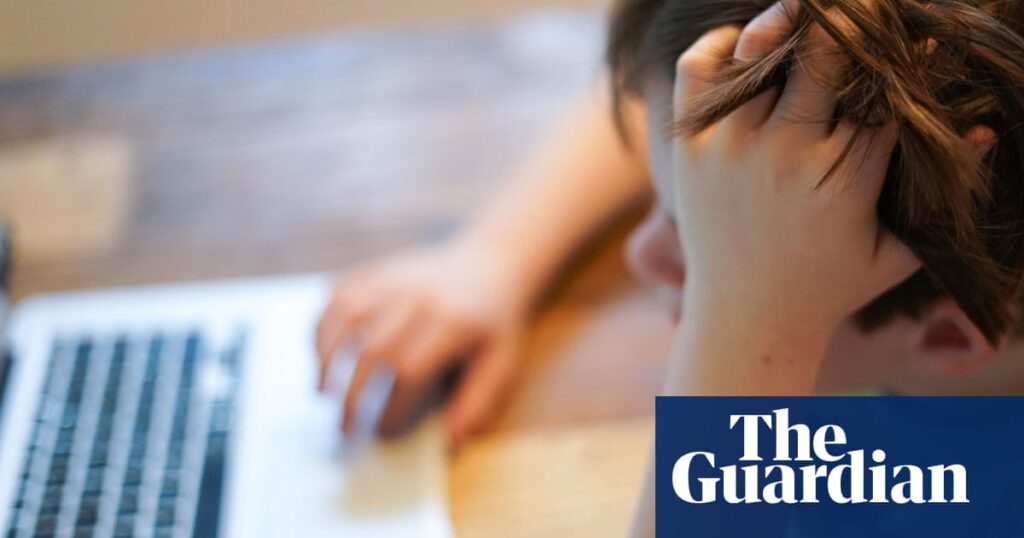The UK’s chief media regulator has promised age verification checks will prove a “really big moment” in the battle to keep children safe online, even as campaigners warn she needs to take tougher action against big technology companies.
Melanie Dawes, the head of Ofcom, said on Sunday that the new checks, which have to be in place later this month, would prove a turning point in regulating the behaviour of the world’s biggest online platforms.
But she is coming under pressure from campaigners – many of them bereaved parents who say social media played a role in their children’s deaths – who say the new rules will still allow young people to access harmful material.
Dawes told the BBC on Sunday: “It is a really big moment, because finally, the laws are coming into force.
“What happens at the end of this month is that we see the wider protections for children come online. And so what we’re expecting to see then is that any company that shows material that shouldn’t be available to under-18s, pornography, suicide and self-harm material – that should be either removed from their service or they’re going to need highly effective age checks to screen out under-18s.”
She added: “It is a very big moment for the industry, a very serious moment.”
The rules, which come in on 25 July, are the latest elements to be enacted from the Online Safety Act, which the Conservatives passed in 2023.
That act was brought partly in response to criticism from campaigners such as Ian Russell, whose 14-year-old daughter, Molly, died in 2017 from an act of self-harm after viewing several thousand pieces of online content relating to depression, self-harm and suicide.
Tory ministers removed sections of the bill in 2022, however, amid an internal row over whether it went too far by banning certain types of content deemed to be “legal but harmful”.
Russell, who has previously called the act “timid”, said on Sunday he was worried about how it was being enforced by Ofcom. The regulator has told technology companies they can choose how to carry out verification checks, but will assess how well they are working.
Russell said: “The Ofcom PR is often spun such that it sounds like everything will change for the better in a matter of weeks. But I think it’s quite clear that Ofcom, as a regulator, needs to do more than just be good at spinning their PR. They need to act within the bounds of the act in the strongest possible way, and they’re not doing that.
“They’re sitting in the middle, pushed on one side by families who’ve lost people, like me, and pushed on the other side by the power of the big tech platforms.”
after newsletter promotion
Russell called on Dawes to use her position to put pressure on the government to take tougher action against technology companies.
Some critics have accused ministers of leaving major gaps in regulation, for example by failing to act on misinformation.
A committee of MPs argued last week that social media companies incentivised the spread of misinformation after last year’s murders in Southport, helping to fuel the riots that followed. Chi Onwurah, the Labour MP who chairs the science and technology committee, said the Online Safety Act “just isn’t up to scratch”.
Dawes refused to call for powers to tackle misinformation, however, saying: “If parliament decides to widen those towards mis- and disinformation, or wider issues around addiction for the kids, for example, then, of course, Ofcom stands ready to implement that.”
She did, however, take aim at the BBC following the row over its coverage of Glastonbury and whether it should have continued to broadcast footage of the band Bob Vylan after its lead singer led the crowd in anti-Israel chants.
“The BBC need to get a grip quicker, get these reports and investigations [into the incident] concluded sooner,” she said. “Otherwise there is a real risk of a loss of confidence in the BBC.”


